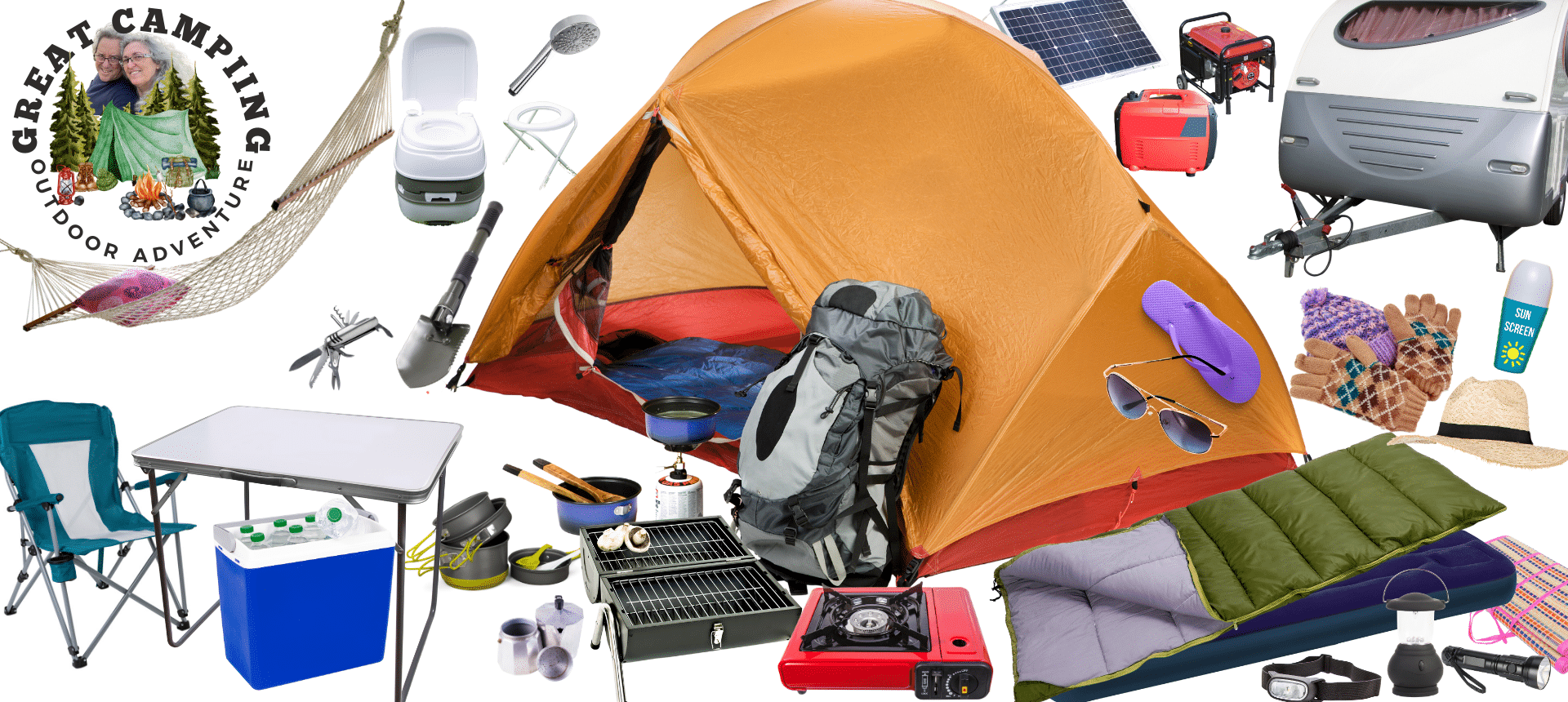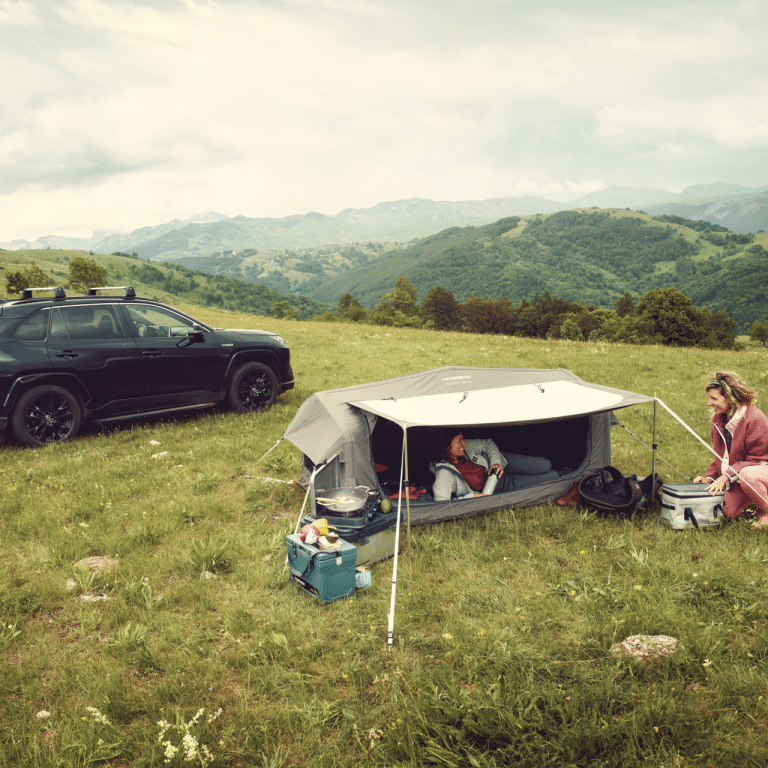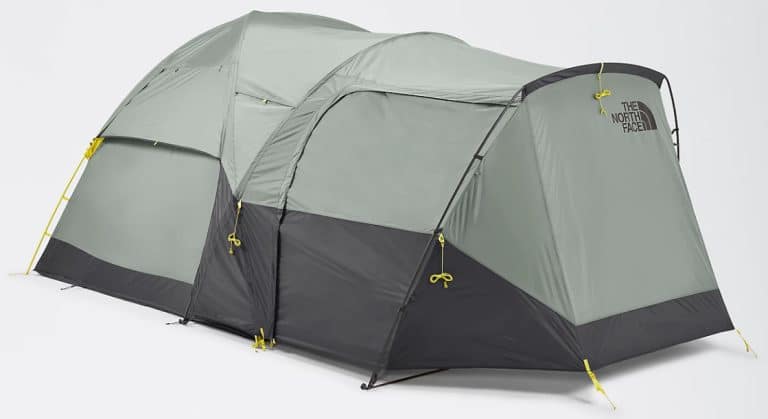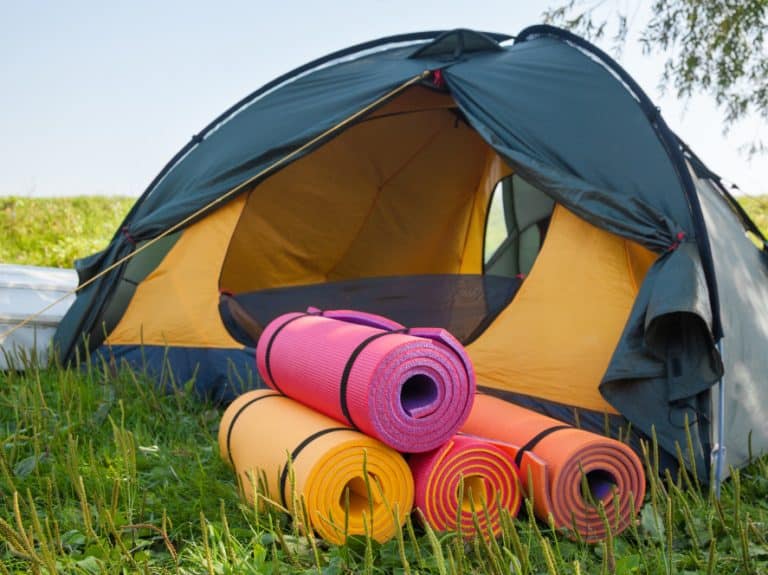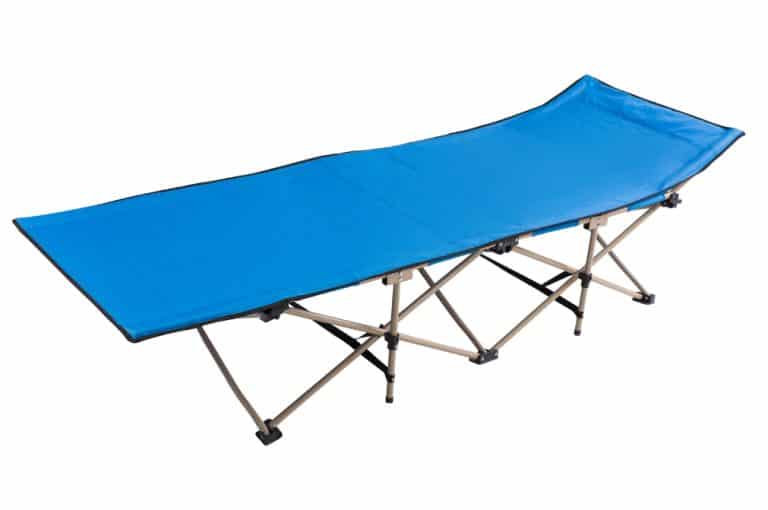Rooftop tents have become increasingly popular among outdoor enthusiasts seeking a comfortable and convenient camping solution. These tents are designed to be mounted on the roof of a vehicle, providing a raised, level sleeping area that keeps you off the ground, away from insects and moisture. In this comprehensive guide, we will delve into the world of rooftop tents, discussing their benefits, types, features, and tips on selecting the perfect one for your adventures.
Benefits of Rooftop Tents
Quick and Easy Setup: One of the most significant advantages of rooftop tents is their ease of setup. Most models can be erected in just a few minutes, saving you time and energy at the campsite.
Comfort: Rooftop tents usually come with a built-in mattress, providing a comfortable sleeping surface that is far superior to sleeping on the ground. Additionally, being elevated from the ground offers better insulation, keeping you warmer during cold nights.
Protection: By elevating you off the ground, rooftop tents provide extra protection from insects, snakes, and other critters that might disturb your sleep. They also keep you safe from moisture and flooding, ensuring you stay dry during rainy weather.
Versatility: Rooftop tents can be used with a variety of vehicles, from trucks and SUVs to sedans and hatchbacks, making them a versatile camping option for any adventure.
Types of Rooftop Tents
Hardshell Rooftop Tents
Hardshell rooftop tents are a popular choice among campers seeking a durable, weather-resistant, and easy-to-set-up shelter for their outdoor adventures. These tents are characterized by their rigid, protective outer shell, which typically consists of materials such as fiberglass, ABS, or aluminum. The hardshell design offers several benefits that distinguish it from its softshell counterparts.
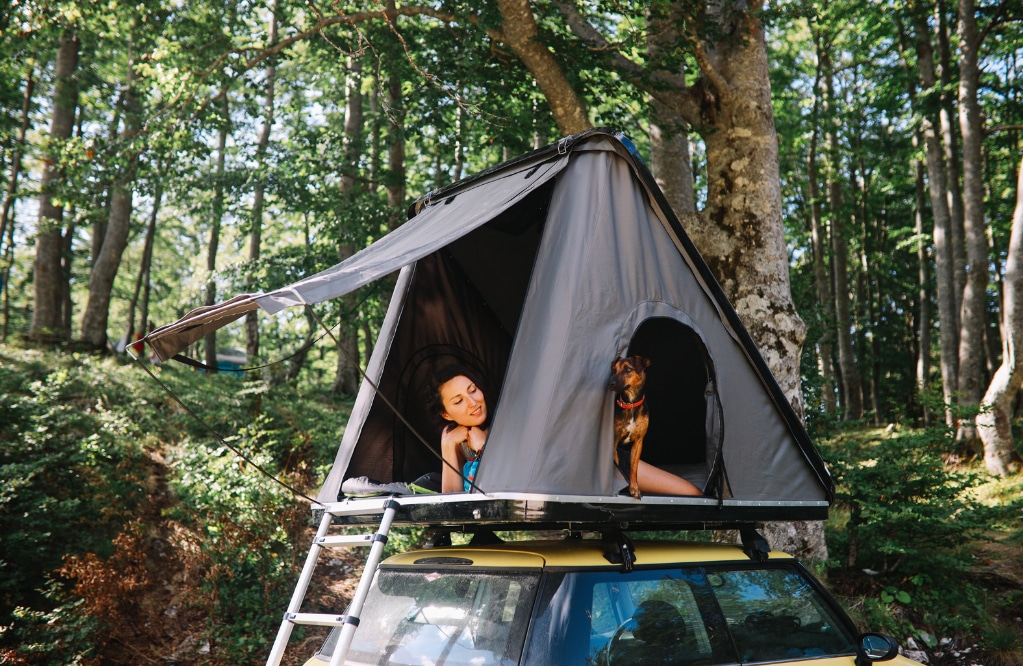
Quick and Easy Setup
Hardshell rooftop tents are known for their quick and easy setup process. In many cases, they can be deployed in just a few minutes, making them ideal for travelers who want to minimize setup time. With gas struts or mechanical arms, the hardshell simply pops up or slides out, revealing the tent beneath. This convenience allows campers to focus more on enjoying their adventure and less on assembling their shelter.
Aerodynamics
The streamlined design of hardshell rooftop tents offers improved aerodynamics compared to softshell tents. This results in reduced wind resistance while driving, which can lead to better fuel efficiency and a quieter ride.
Enhanced Weather Resistance
Hardshell rooftop tents are designed to withstand harsh weather conditions, including heavy rain, snow, and strong winds. The rigid outer shell offers excellent protection against the elements, ensuring a dry and comfortable camping experience. Many hardshell tents also feature superior insulation, which helps maintain a comfortable temperature inside the tent, even during colder months.
Durability
The robust construction of hardshell rooftop tents makes them more durable and long-lasting than many softshell alternatives. The rigid shell provides additional protection against wear and tear, increasing the tent’s lifespan and ensuring it remains in good condition for many adventures to come.
Security
With their sturdy, lockable outer shell, hardshell rooftop tents offer an added layer of security for your belongings while you’re away from your campsite. This feature can provide peace of mind for campers who want to protect their gear and valuables.
Compact Storage
When not in use, hardshell rooftop tents fold down into a compact, low-profile unit, making them easier to store and transport compared to some softshell tents.
Despite their many advantages, hardshell rooftop tents can be more expensive and heavier than softshell options. Additionally, they may offer less interior space and fewer customization options. However, for campers who prioritize quick setup, durability, and weather resistance, hardshell rooftop tents are an excellent choice that can enhance their overall camping experience.
Softshell Rooftop Tents
Softshell rooftop tents provide a versatile and cost-effective alternative to hardshell tents for campers who prioritize affordability, flexibility, and customization options. These tents are characterized by their collapsible, fabric-based design and offer several benefits that make them an attractive choice for many outdoor enthusiasts.

Affordability
One of the most significant advantages of softshell rooftop tents is their lower price point compared to hardshell tents. This makes them an appealing option for campers on a budget or those who are new to rooftop camping and want to test the waters without making a significant financial investment.
Interior Space and Comfort
Softshell rooftop tents often provide more interior space than their hardshell counterparts, allowing for larger sleeping areas and additional headroom. This can make them more comfortable for taller individuals or those who prefer a roomier sleeping environment. Many softshell tents also come with built-in mattresses for added comfort.
Customization Options
Softshell rooftop tents offer a wide range of customization options, including different fabric materials, colors, and add-on features such as annex rooms, awnings, and additional storage. This allows campers to tailor their rooftop tent to their specific needs and preferences, creating a personalized camping experience.
Ventilation
The fabric construction of softshell rooftop tents provides excellent airflow and ventilation, helping to maintain a comfortable temperature inside the tent during warmer months. Many softshell tents come with mesh windows and doors, which can be opened for additional ventilation while keeping insects at bay.
Compatibility
Softshell rooftop tents tend to be more compatible with a wider range of vehicles, as they are generally lighter and more flexible than hardshell tents. This makes them suitable for smaller cars or those with lower weight-bearing capacities.
However, softshell rooftop tents do have some drawbacks. They typically take longer to set up and break down than hardshell tents, and their fabric construction may be less resistant to harsh weather conditions. Additionally, they may not offer the same level of security and protection for your belongings as hardshell tents do.
In conclusion, softshell rooftop tents are an excellent choice for campers who prioritize affordability, customization, and interior space. While they may require more effort to set up and may not provide the same level of weather resistance as hardshell tents, their versatility and cost-effectiveness make them a popular option for many outdoor enthusiasts.
Features to Consider When Choosing a Rooftop Tent
Vehicle Compatibility: Ensure that the tent you choose is compatible with your vehicle’s roof rack system and weight capacity. Check the manufacturer’s specifications to confirm that your vehicle can safely support the tent’s weight, including occupants and gear.
Size and Capacity: Rooftop tents come in various sizes, from compact 2-person models to spacious family-sized options. Consider how many people will typically be camping with you and choose a tent that can comfortably accommodate them.
Material and Weather Resistance: Look for rooftop tents made of durable, water-resistant materials like polyester or canvas. A high-quality tent should also feature robust seams and zippers to withstand harsh weather conditions.
Ventilation: Good airflow is essential for a comfortable camping experience. Opt for a rooftop tent with mesh windows and vents that allow for proper ventilation while keeping bugs out.
Ladder: Since rooftop tents are elevated, they typically come with a ladder for easy access. Ensure the ladder is sturdy, easy to set up, and can be adjusted to accommodate uneven terrain.
Accessories: Some rooftop tents come with additional features like built-in awnings, gear storage, or even solar panels. Consider your specific camping needs and preferences when evaluating these accessories.
Selecting the Perfect Rooftop Tent
When choosing a rooftop tent, take into account your budget, the type of vehicle you drive, and your camping preferences. Research different brands and models, read customer reviews, and consult experts to make an informed decision. Don’t forget to consider factors like ease of setup, weather resistance, and interior space to ensure a comfortable and enjoyable camping experience.
Maintenance and Care Tips for Rooftop Tents
- Regularly inspect the tent’s fabric, seams, zippers, and hardware for any signs of wear, tear, or damage. Address any issues promptly to ensure the longevity of your tent.
- After each camping trip, clean your rooftop tent thoroughly. Remove dirt, dust, and debris, and allow it to air dry completely before packing it away. This will prevent the growth of mold and mildew.
- Check your vehicle’s roof rack system and mounting hardware regularly for signs of wear or damage. Tighten any loose components and replace any damaged parts to ensure the safety and stability of your tent.
- When not in use, store your rooftop tent in a cool, dry place, away from direct sunlight, to protect it from UV damage and extend its lifespan.
- Lubricate zippers and moving parts as needed to maintain their smooth operation and prevent rusting.
By following these maintenance and care tips, you can ensure that your rooftop tent remains in top condition for many camping trips to come.
Safety Tips for Using Rooftop Tents
- Always follow the manufacturer’s instructions for the proper setup and use of your rooftop tent.
- Ensure that your vehicle is parked on stable, level ground before setting up your tent. This will provide a secure foundation and prevent the risk of your vehicle tipping or rolling.
- Avoid setting up your tent under trees with dead branches, which could fall and cause injury or damage to your tent.
- Be cautious when entering and exiting your rooftop tent, especially during wet or slippery conditions. Use the ladder’s handrails and maintain three points of contact at all times.
- Keep a safe distance from open flames, such as campfires or stoves, to prevent the risk of fire.
By following these safety tips and guidelines, you can enjoy a secure and comfortable camping experience in your rooftop tent.
Final Thoughts
Rooftop tents offer a unique and convenient camping experience, combining the benefits of sleeping off the ground with the ease of transporting your shelter. With a variety of styles, sizes, and features available, there is a rooftop tent suited for every type of camper and adventure. By taking the time to research and consider the essential factors outlined in this guide, you can find the perfect rooftop tent to elevate your camping experience and create unforgettable memories in the great outdoors.
Rooftop Tents FAQs
Softshell rooftop tents are generally more lightweight and compatible with a wider range of vehicles than hardshell tents. However, you should always consult your vehicle’s owner’s manual and check its roof weight capacity to ensure it can support the tent and its occupants safely.
While softshell rooftop tents are generally suitable for a range of weather conditions, their fabric construction may not provide the same level of protection as hardshell tents in extreme conditions. It’s essential to consider the weather forecast and choose a tent designed for the specific conditions you expect to encounter during your trip.
Many softshell rooftop tents offer the option to add annex rooms or awnings, providing additional living and storage space. Check the specific model and manufacturer to determine the compatibility and availability of these add-ons.
The capacity of a softshell rooftop tent varies depending on the specific model. Generally, softshell tents can accommodate between two and four people comfortably. Always check the manufacturer’s specifications for the tent’s weight capacity and sleeping arrangements.
Using heaters or cooking equipment inside a softshell rooftop tent can pose a fire risk and is generally not recommended. Instead, opt for designated outdoor cooking spaces and heating solutions specifically designed for use in tents or outdoors.
